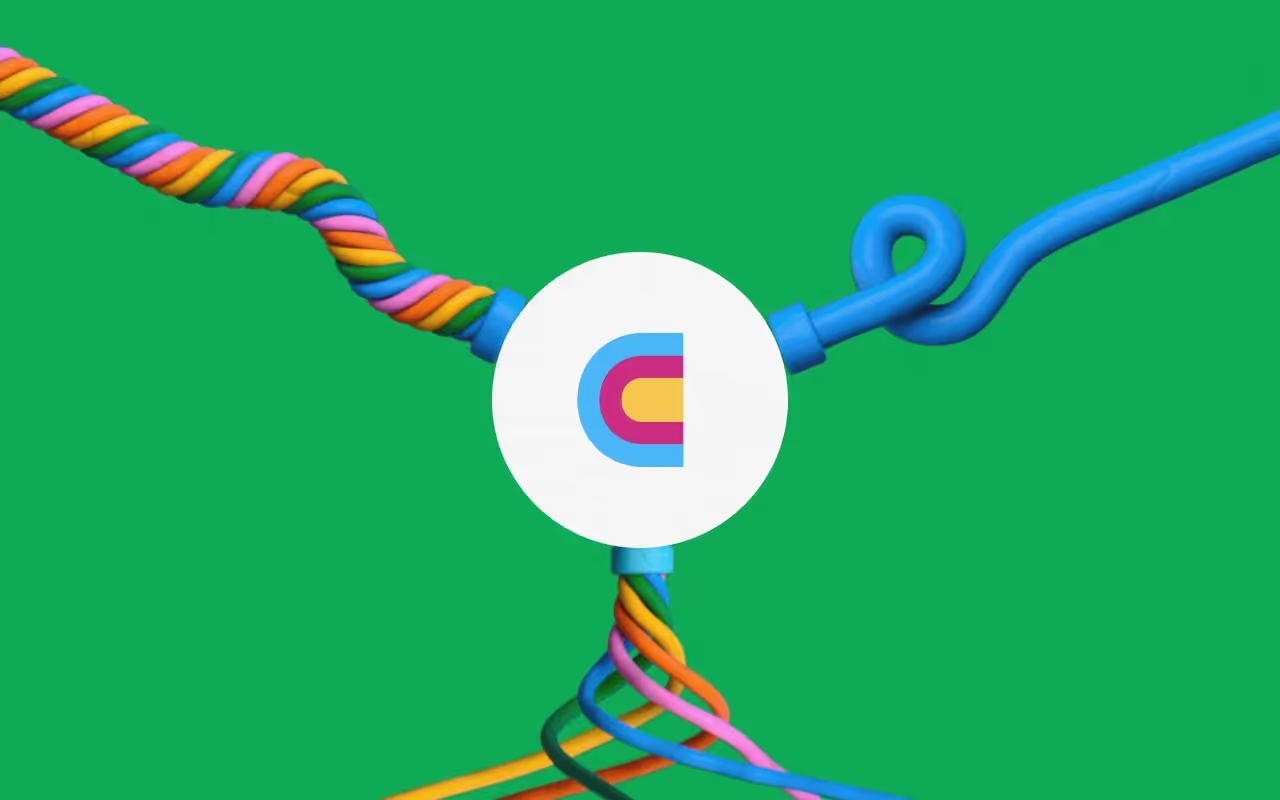Mastering Lead Scoring in Clay: Turning Data into Actionable Insights
Not all leads are created equal. Whether you're prioritizing inbound leads or filtering outbound prospects, lead scoring helps segment your list so you can focus on the highest-value opportunities. By assigning scores based on key attributes, you ensure your sales team spends time on the best-fit leads while personalizing messaging based on different lead categories.
In this lesson, we’ll walk through how to build a lead scoring system in Clay using company size, industry, and seniority as scoring criteria.
How It Works: Watch The Guided Demo
Watch the full guided demo below, or skip ahead for a step-by-step breakdown.
Starting with the End in Mind
The key to effective lead scoring is to begin with your goals clearly defined. In our example, we're using three primary criteria to evaluate leads:
- Company Headcount: Larger companies receive higher scores, as they might be priority targets for your sales team.
- Industry: Certain industries (like software, venture capital, marketing agencies, and recruiting firms) are given higher priority based on their fit with your product or service.
- Seniority: More senior individuals are scored higher due to their decision-making power and influence within their organizations.
Building the Data Foundation
Often, you'll start with limited information from inbound leads—perhaps just a name, email, company name, and title. The challenge lies in enriching this data to support your scoring model.
Remember the Jigsaw Framework from lesson two? To find the right data points for your scoring model, first you need to find the "corner pieces" of your data puzzle:
- For companies: websites and LinkedIn URLs
- For individuals: names, email domains, and LinkedIn profile URLs
Since we have company names, first and last names, emails, and titles, we need to find company headcount, industry, and seniority. Here’s how we found industry and headcount (seniority in the next step):
- Use Clay's reverse waterfall enrichment on emails to find LinkedIn profile URLs.
- Employ Claygent to scrape the web for missing profile URLs.
- Enrich personal data using the LinkedIn URLs.
- Extract company domains from LinkedIn profiles.
- Use company enrichment to gather industry information.
- Leverage Claygent again to find missing company domains based on company names.
- Use the final domain list to enrich headcount information.
Leveraging AI for Seniority Categorization
Job titles can vary widely, making them difficult to use directly in a scoring algorithm. To solve this, we use a simple AI prompt to categorize titles into four buckets:
- Junior Individual Contributors (ICs)
- Managers
- Directors and VPs
- C-suite executives and Founders
This standardization allows for consistent scoring based on seniority.
Building Your Scoring Model
With all the necessary data in place, we can now implement our lead scoring algorithm. In Clay, this involves creating a final lead score column that combines scores from our three criteria:
- Headcount:
- 0-500 employees: 0 points
- 500-5,000: 1 point
- 5,000-10,000: 2 points
- 10,000+: 3 points
- Seniority:
- ICs: 0 points
- Managers: 1 point
- Directors/VPs: 2 points
- C-suite/Founders: 3 points
- Industry:
- Recruiting: 1 point
- Venture Capital: 2 points
- Advertising: 3 points
- Software: 4 points
Good news: Clay has a built-in lead scoring modal that makes it easy to build your scoring model.
Putting Your Scores to Work
Once you've calculated your lead scores, you can start prioritizing your sales and marketing efforts:
- High-scoring leads (6-7 points or higher): These are your top priorities. Consider personalized follow-ups and direct contact from your sales team.
- Mid-scoring leads: These might warrant a mix of personal outreach and automated nurturing.
- Low-scoring leads: While not top priority, these leads could still be valuable. Consider sending them product-led growth (PLG) resources or inviting them to provide more information to potentially increase their score.
The Power of Adaptive Scoring
Remember, lead scoring is not a set-it-and-forget-it process. As your business evolves and you gather more data on what makes a lead truly valuable, don't hesitate to adjust your scoring criteria. Clay's flexible system allows you to modify your scoring model as needed.
By implementing this lead scoring system in Clay, you're not just organizing data - you're creating a dynamic tool that helps your team focus on the leads most likely to convert. This targeted approach can significantly improve your conversion rates, reduce wasted effort, and ultimately drive more revenue for your business.
Happy scoring, and here's to closing more deals with Clay!
Connect, explore and learn together
Read our GTM blog, or try out our top Claybooks and templates to transform your growth ideas into outreach in minutes.

















